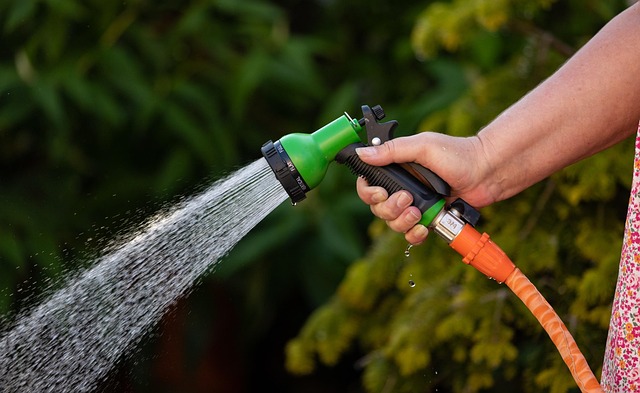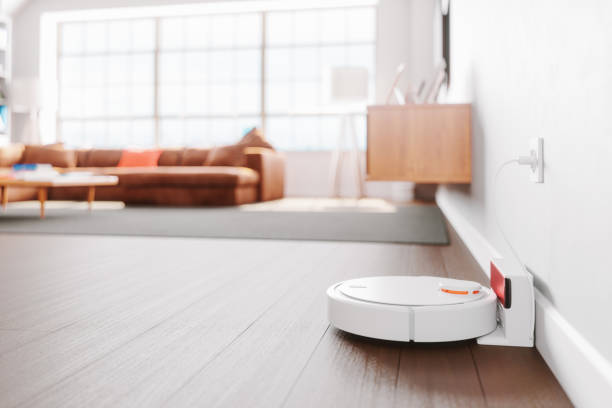Smart Irrigation
Smart irrigation represents a revolutionary approach to landscape water management, combining traditional sprinkler systems with cutting-edge technology to optimize water usage and maintain healthy landscapes. These innovative systems use weather data, soil moisture sensors, and sophisticated algorithms to deliver precise amounts of water when and where needed, potentially reducing water consumption by up to 50% compared to conventional irrigation methods.

Understanding Smart Irrigation Systems
A smart irrigation system consists of several interconnected components working together to create an efficient watering solution. The core elements include a smart controller, weather sensors, soil moisture probes, and compatible sprinkler heads. These components communicate with each other to make real-time adjustments based on environmental conditions, ensuring optimal water distribution across your landscape.
Benefits of Smart Irrigation Controllers
Smart irrigation controllers serve as the brain of modern watering systems, offering numerous advantages over traditional timers. These devices can automatically adjust watering schedules based on local weather conditions, seasonal changes, and specific plant requirements. Many controllers also provide mobile app integration, allowing users to monitor and adjust their irrigation systems remotely through smartphones or tablets.
Key Features of Smart Watering Systems
Modern smart watering systems incorporate several advanced features that enhance their efficiency:
-
Weather monitoring and rain delay functions
-
Zone-specific programming for different plant types
-
Flow monitoring to detect leaks and system failures
-
Historical data tracking for water usage optimization
-
Integration with home automation systems
-
Real-time alerts and notifications
Installation and Setup Considerations
Professional installation ensures optimal performance of your smart irrigation system. Key considerations include:
-
Property size and landscape layout
-
Local climate conditions
-
Soil type and drainage patterns
-
Plant water requirements
-
Water pressure and available flow rate
-
WiFi connectivity for smart features
Smart Irrigation System Comparison
| System Provider | Key Features | Estimated Cost Range |
|---|---|---|
| Rachio 3 | Weather Intelligence Plus, 16-zone control, WiFi | $200-280 |
| Hunter Hydrawise | 6-12 zones, touchscreen, flow monitoring | $230-300 |
| RainMachine | Local weather processing, 16 zones, EPA WaterSense | $200-250 |
| Orbit B-hyve | Smart WeatherSense, 12 zones, EPA certified | $130-200 |
Prices, rates, or cost estimates mentioned in this article are based on the latest available information but may change over time. Independent research is advised before making financial decisions.
Smart Irrigation Maintenance Tips
Regular maintenance ensures long-term system efficiency:
-
Conduct monthly system checks
-
Clean sensors and check batteries
-
Update controller software regularly
-
Inspect sprinkler heads for damage
-
Verify weather station connectivity
-
Review and adjust zone settings seasonally
A well-implemented smart irrigation system represents a significant advancement in landscape water management. By combining sophisticated technology with practical irrigation principles, these systems help maintain beautiful landscapes while conserving water resources and reducing utility costs. The initial investment in smart irrigation technology typically pays for itself through reduced water consumption and improved landscape health.




